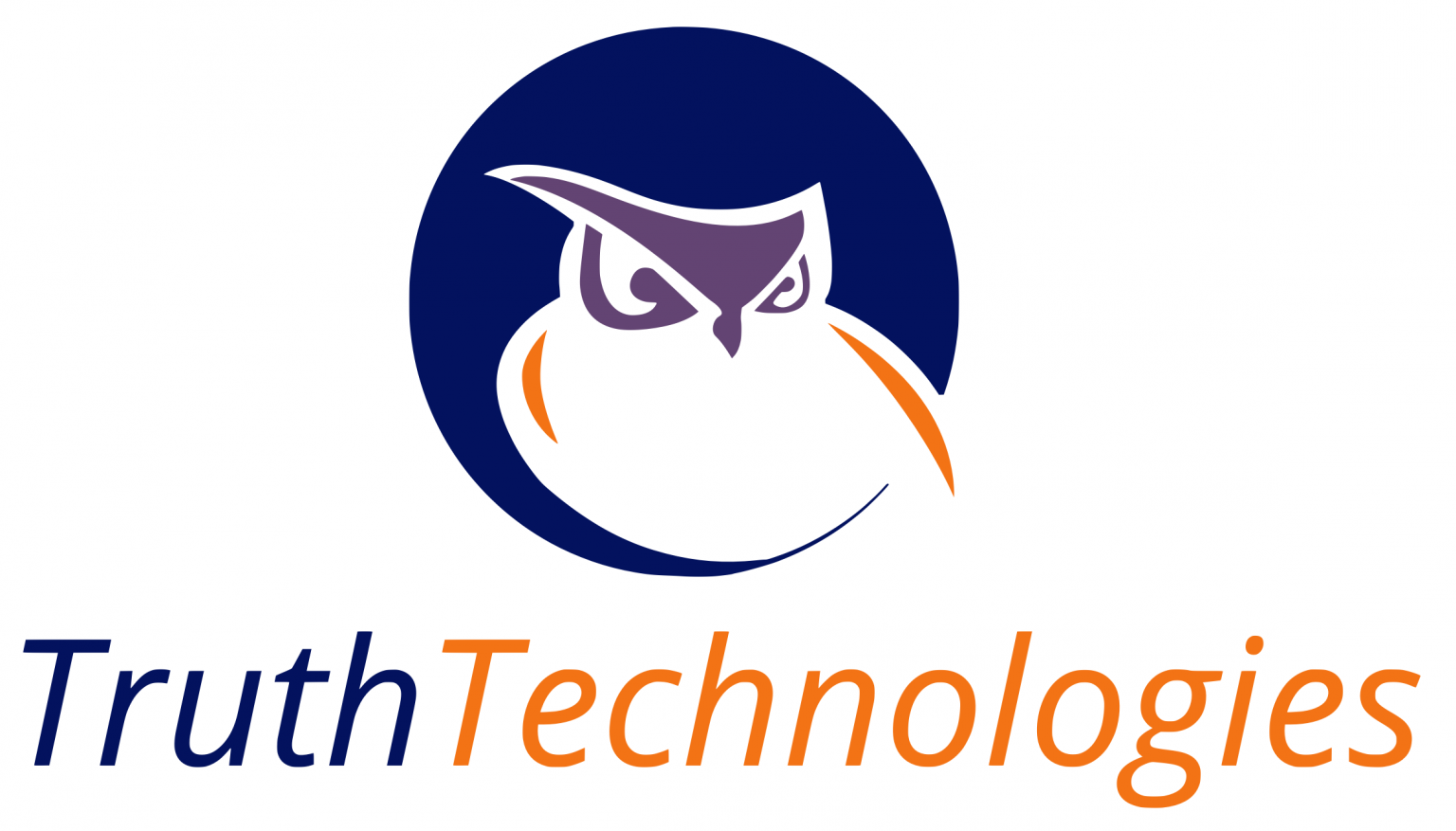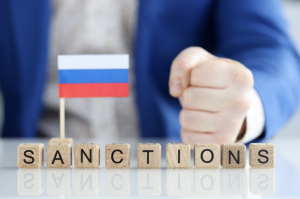Tornado Cash OFAC Sanctions
As of August 8, 2022, the Office of Foreign Assets Control (OFAC) is concerned that Tornado Cash has been laundering over $7 billion worth of cryptocurrency, leading to OFAC sanctions.
For more information on OFAC Sanctions Virtual Currency Mixer Tornado Cash, click here.
According to a Ballard Spahr article titled “All Roads Lead to Roman: Alleged Tornado Cash Co-Founders Roman Storm Arrested and Roman Semenov Sanctioned, Days After Treasury Defeats Lawsuit Challenging OFAC” written by Kelly A. Lenahan-Pfahlert & Peter D. Hard, OFAC also suspected that Tornado Cash played a pivotal role as a tool employed by North Korea’s Lazarus Group in laundering unlawfully obtained cryptocurrency totaling $455 million. In sum, illicit gains amounting to $1 billion were funneled through Tornado Cash via money laundering activities (Lenahan-Pfahlert & Hardy, 2023).
Tornado Cash is a privacy-focused cryptocurrency mixing service operating on the Ethereum blockchain in Moscow, Russia. Its primary purpose is to enhance the privacy and anonymity of Ethereum transactions. According to the article, Tornado Cash “combines various digital assets, potentially including funds obtained illegally with legitimately obtained funds” (Lenahan-Pfahlert & Hardy, 2023).
Co-Founders of Tornado Cash
Roman Storm (Storm) and Roman Semenov (Semenov) are the founders of Tornado Cash. Storm and Semenov created, promoted, and ran Tornado Cash with the awareness that some processed funds constituted illicit proceeds routed through the platform to conceal their origins.
Despite receiving complaints from Tornado Cash customers who fell victim to hacking incidents, Storm and Semenov chose not to assist. Furthermore, Storm and Semenov did not implement Anti-Money Laundering (AML) or Know-Your-Customer (KYC) controls.
Storm was arrested, and Semenov was sanctioned. There was also a third alleged co-founder of Tornado Cash, Alexey Pertsev. Pertsev, a co-conspirator, was arrested on related money laundering charges in the Netherlands.
Complaints against OFAC Sanctions and Treasury
Six plaintiffs initiated a legal action against OFAC and Treasury, alleging violations of the Administrative Procedures Act (APA) and the First Amendment’s Free Speech Clause. The APA sets forth the rules and regulations that federal agencies must follow when making and enforcing regulations, conducting investigations, and making decisions that affect individuals and organizations. The plaintiff’s contention centered on the argument that Tornado Cash does not qualify as a legal entity, which, in turn, should exempt it from sanctions.
The court interpreted the term “person” in its regulations to encompass individuals and entities. In its definitions, the Treasury had expanded “entity” to encompass a range of structures, including partnerships, associations, trusts, joint ventures, corporations, subgroups, and other organizations. The court noted that Tornado Cash qualifies as a “person” and exhibits characteristics of an “association,” meaning it is subject to designation by OFAC, leading to the dismissal of the lawsuit.
What can we gather from all this?
Money laundering and sanctions are crucial topics with significant implications for the global economy, security, and international relations. These efforts are vital to maintaining the rule of law, protecting financial systems, and promoting international peace and security.
The creators of Tornado Cash may face charges related to a conspiracy to commit money laundering. Based on substantiated allegations, they participated in activities that supported third parties in their efforts to launder illicit funds, all while being fully aware that these funds were acquired unlawfully.
How Truth Technologies can help:
Truth Technologies ‘provides software designed to facilitate Anti-Money Laundering compliance. Contact us today for a free demo and see how we can help identify at-risk countries and which organizations or individuals may be associated with those countries.
For more information, click here.




